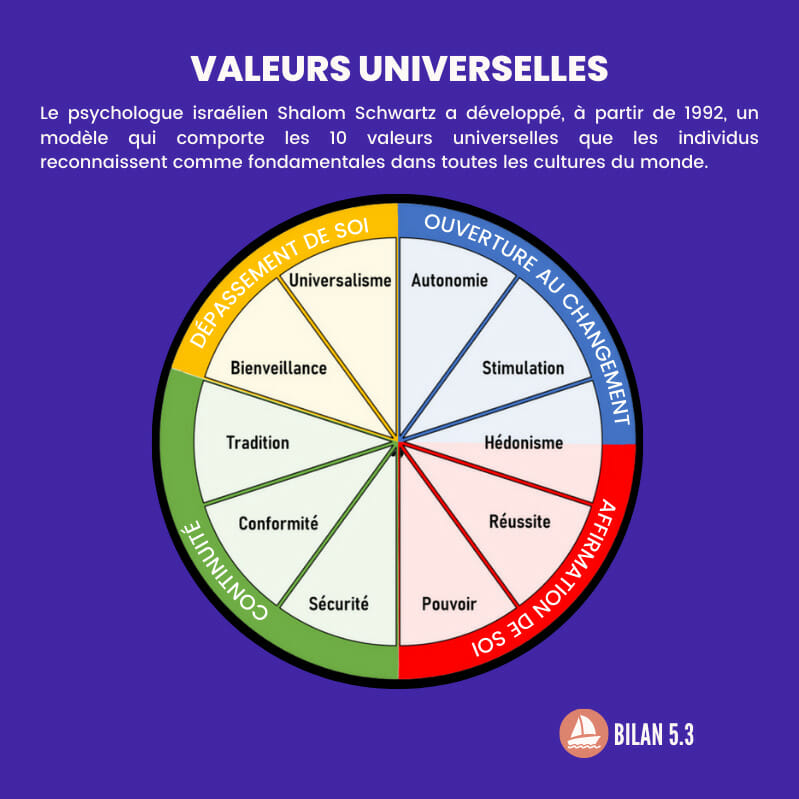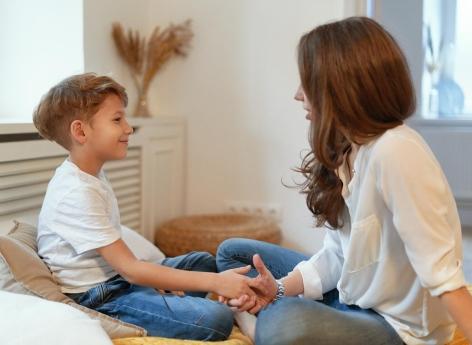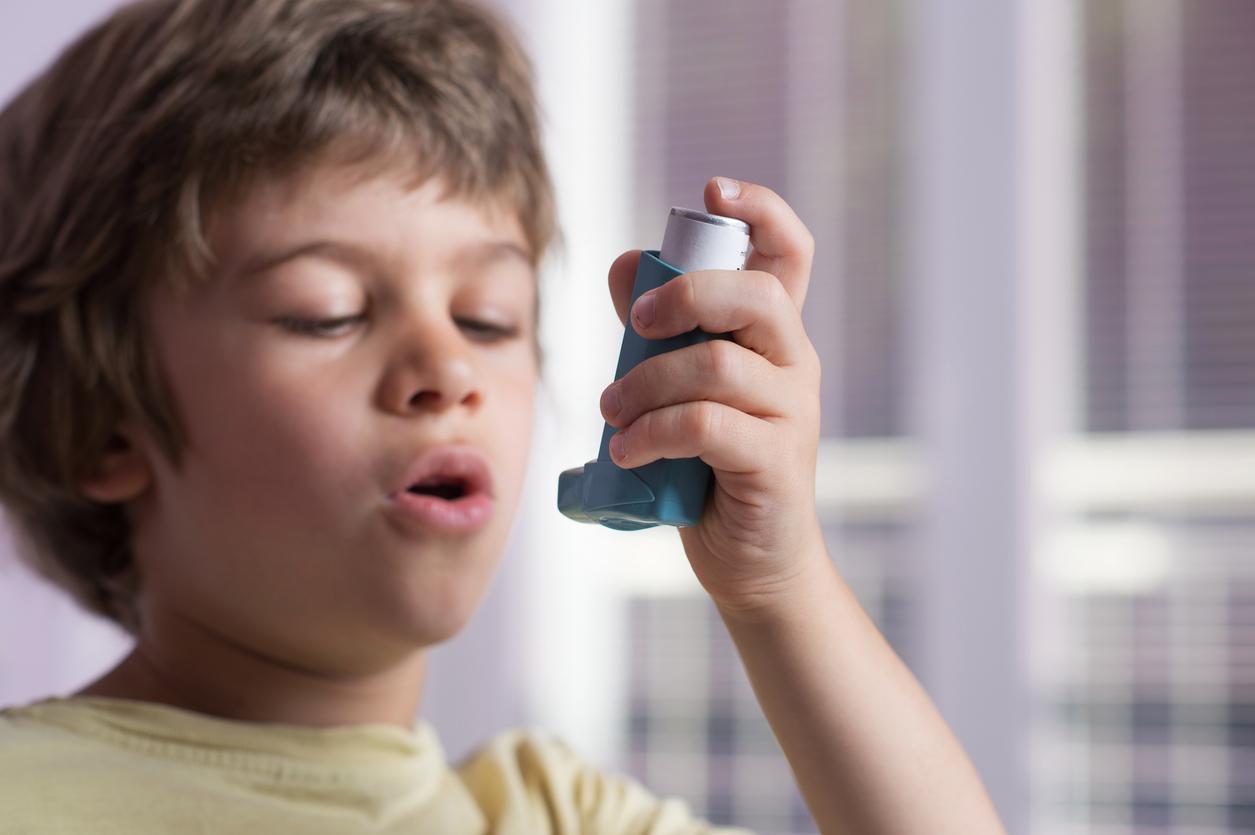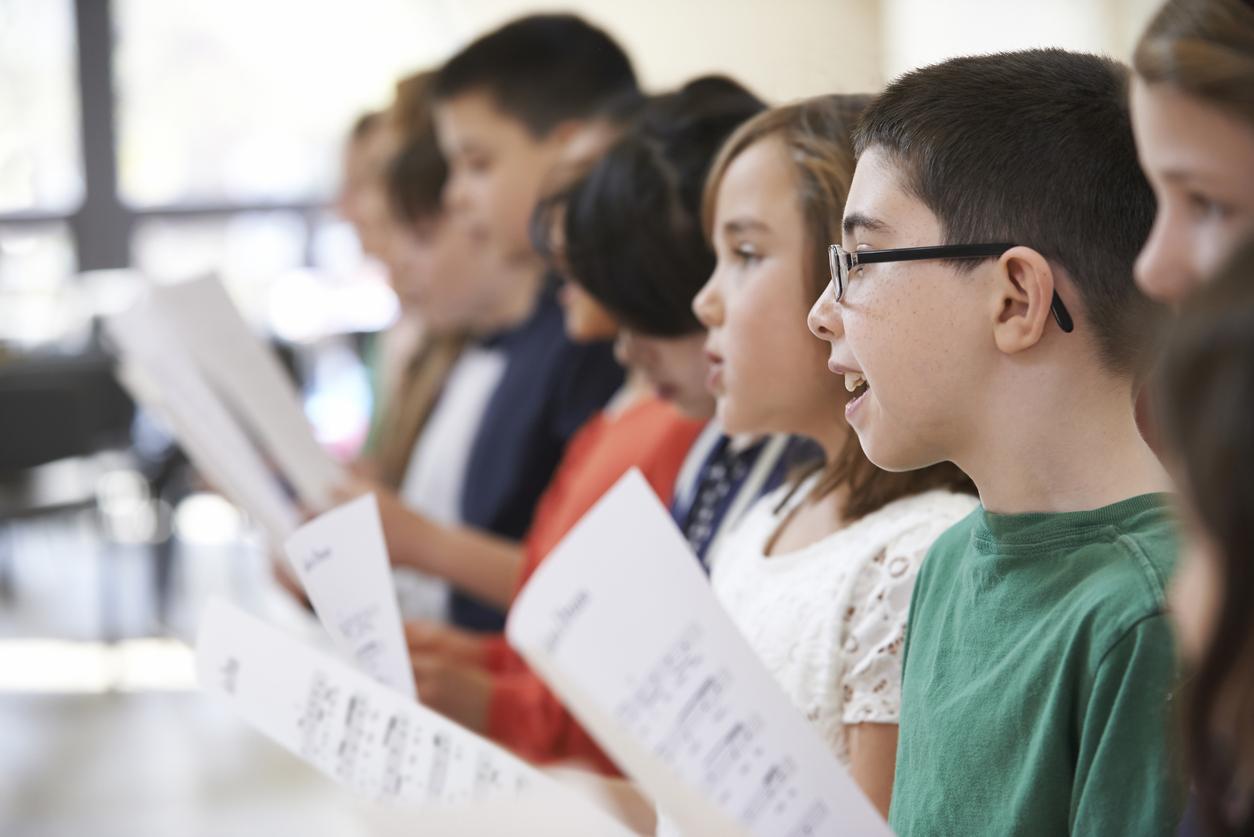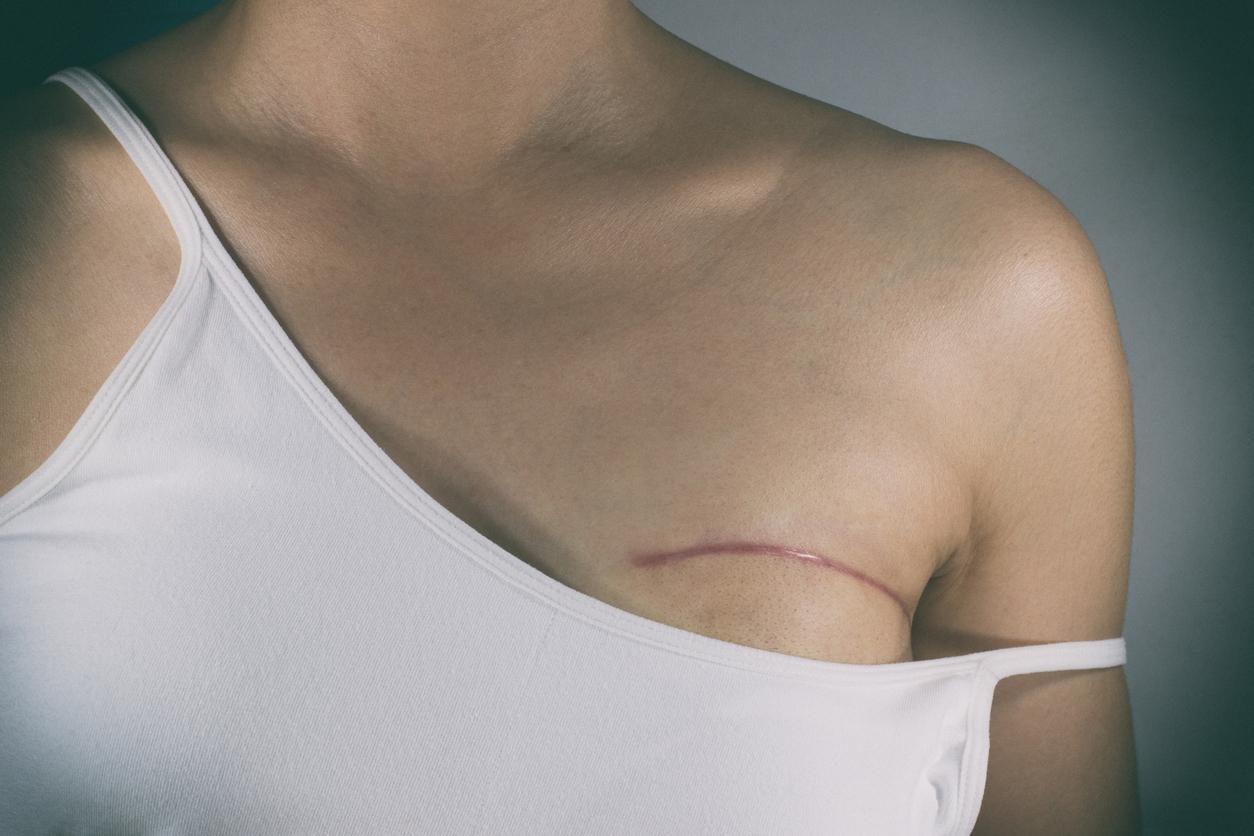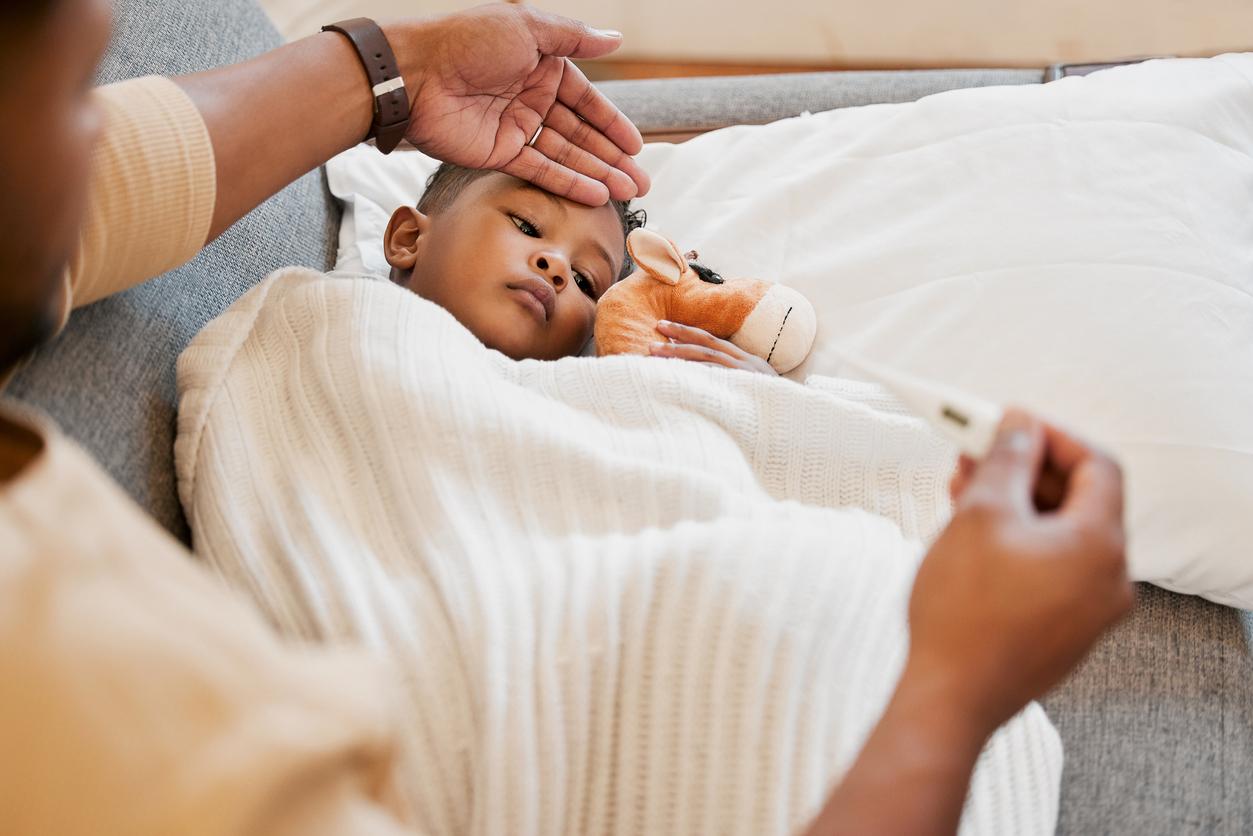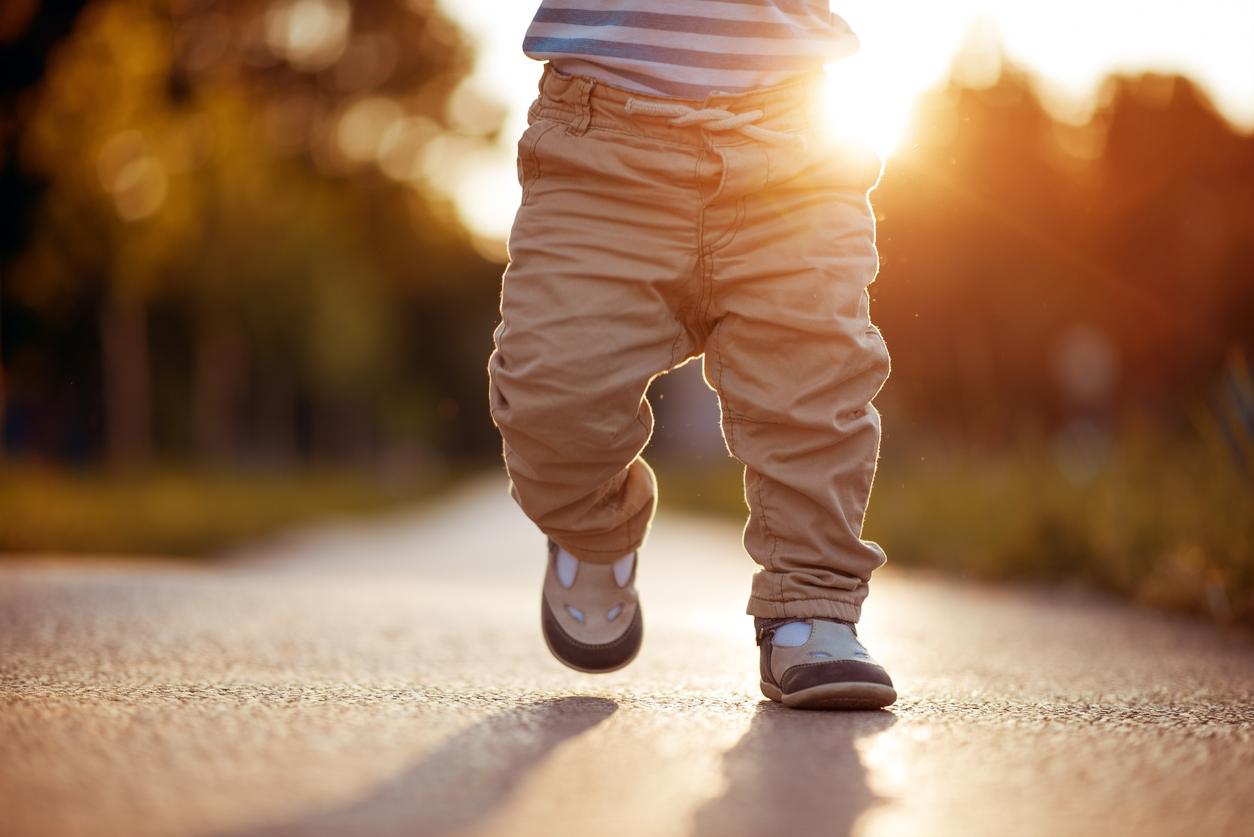In periods of high heat, the human body has a simple way of maintaining itself at the right temperature: it sweats. Newborns, children and young adults sweat a lot. In the elderly, who represent a population particularly vulnerable to high temperatures, this function is less effective: their body no longer sweats enough to maintain the right temperature. The actions to adopt are therefore different if you are a young child, an adult or an elderly person.
Regulation of body temperature and reactions of the body according to age
When the outside temperature is high, maintaining body temperature at 37°C is made possible by the natural phenomenon of perspiration. The transformation of water from sweat into water vapor is accompanied by a physical cooling phenomenon. The volume and duration of sweating vary according to age: we are not all equal in periods of high heat. Two risks can therefore be associated with high heat and linked to the sweating process:
* The dehydration : a person who sweats but does not drink enough becomes dehydrated. This risk mainly concerns newborns, children and adults.
* Hyperthermia or “heat stroke”: a person who does not sweat enough sees his body temperature increase and can no longer maintain it at 37°C. Older people are most at risk.
Big or small, specific gestures to adopt
In case of high heat, infants, young children and adults are affected by dehydration. To remedy this, they must stay as little as possible exposed to heat and drink plenty (the excess water will be eliminated), especially water or non-alcoholic drinks.
Be careful, adults exposed to heat (athletes, outdoor workers) are particularly sensitive to the risk of dehydration. They must therefore be vigilant and imperatively apply the advice above.
The elderly are a particularly at-risk population. It is therefore very important for them to protect themselves as much as possible from the heat, by spending several hours a day in a cool or air-conditioned place and by regularly wetting their body to lower their body temperature. They can, for example, apply cloths or a damp glove(s) to the face, the arms, the neck; spray water on their face… It is also important that these people drink enough (about 1.5 L of water, that is, about the amount of water they are able to to eliminate). Moreover, in hot weather, even if the appetite may be reduced, it is important to continue to eat enough (if necessary by dividing the meals) to provide the mineral salts necessary for the body. Indeed, when an elderly person drinks too much water (ie more water than the body is able to eliminate) without eating enough at the same time, the mineral salts are diluted in the body. The person is then exposed to the risk of hyponatremia (decrease in the concentration of sodium salt in the blood which can cause disturbances of consciousness, nausea, vomiting, seizures, etc.).
Source: INPES



